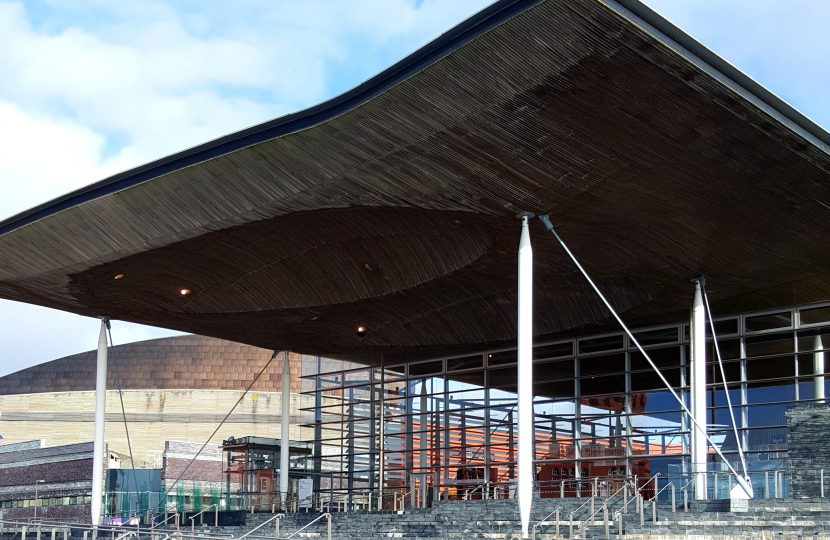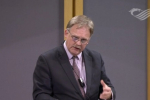
Prynhawn Da/Good Afternoon, and thank you to the Equal Power Equal Voice Partnership and to its Project Officer Shaun Bendle, for inviting me to host this event.
Equal Power Equal Voice is a partnership between Women’s Equality Network Wales, Stonewall Cymru, Disability Wales, and Ethnic Minorities & Youth Support Team, EYST Wales, working together to deliver a mentoring programme which aims to increase diversity of representation in public and political life in Wales, funded by the National Lottery Community Fund and Welsh Government.
Following the 2019 UK General Election, 65 or 10% of Members of the House of Commons were from ethnic minority backgrounds.
In October 2021, 52 or 6.6% of Members of the House of Lords were from ethnic minority groups.
Six or 4.5% of the Scottish Parliament’s 129 members and three or 5% of the 60 Members of the Senedd/Welsh Parliament were from ethnic minority backgrounds, including the first woman of colour elected since the start of devolution, my colleague Natasha Asghar.
Approximately 14.0% of the UK population was from a minority ethnic background in 2021, ranging from 3% in Northern Ireland and 4.9% in Wales, to 15.7% in England.
5% of the Senedd’s Members are openly LGBTQ.
When I first became a Member here, Membership was gender balanced, although 43% of Members now are Women.
Although the Senedd/Welsh Parliament prides itself on being disability accessible, it has had to be reminded on occasions that barriers to disability access exist or have been designed in because of an apparent failure to involve lived experience.
And the Senedd has still not had a Member who is a wheelchair user in its almost 23 year existence.
As last summer’s UK Government “Barriers to elected office for disabled people” report states “disabled people, who make up around 1 in 5 of the UK population, are thought to be under-represented in politics at different levels of government, both across the UK and internationally” and that the number of disabled people in politics across all levels of Government “are almost always below 1 in 5”, confirming that disabled people are underrepresented.
Having previously participated in the EYST ‘Wales Routes into Public Life’ Mentoring Programme, to see more Black, Asian and Ethnic Minority people fulfil their potential and achieve positions in public life in Wales, working with excellent Mentees to improve their understanding of the workings of government in Wales, and my understanding of their communities, I was delighted to take part in the ‘Equal Power Equal Voice’ cross-equalities mentoring programme to increase diverse representation in public and political life in Wales and I have agreed to continue as a Mentor.
I hope that my current Mentee is benefitting from our ongoing online meetings.
I am certainly benefitting from her expertise working in both the NHS and the health charity sector.
In conclusion, I must mention and thank my excellent mentees under both this mentoring programme and EYST predecessor “Wales Routes into Public Life” programme, Rebecca Brown, Sam Njoku and Lee Tiratira. I learnt more from each of them than they learnt from me, and I wish each of them every future success.
